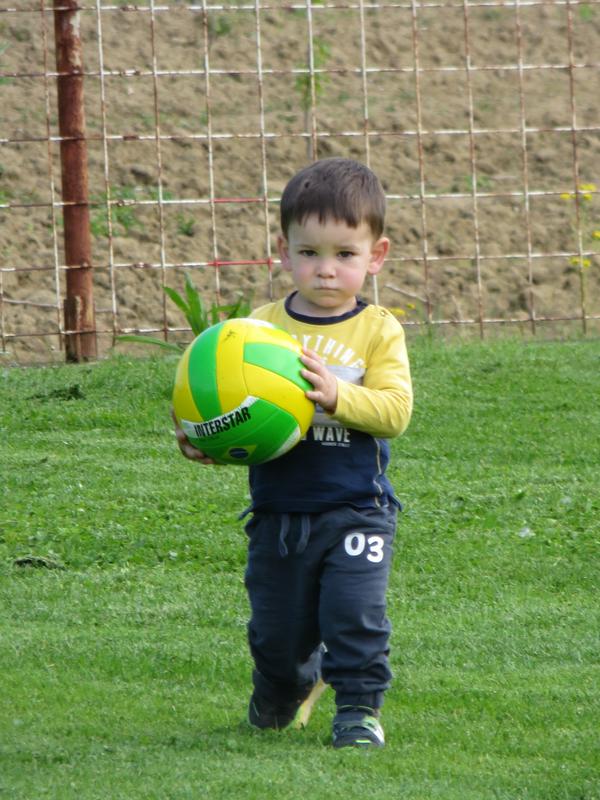
This is the story about a boy who was advised by Slovenia's orthopedists to have a leg amputation. His parents then found a doctor in the U.S. who assured them that his leg could be saved through surgery. The same doctor will operate on the boy in June in Milan, Italy. The whole operation together with the hospital costs will stand around 46 thousand euros. The boy’s parents are collecting money for two more surgeries and for the rehabilitation process.
As its already known, members of the medical council – assistant professor Dr. Janez Brecelj, M.Sci Karin Schara and professor Dr. Vane Antolič – wrote in the reply of the Health Insurance Institute that according to their doctrine "the dysmelia in question is treated in accordance with generally accepted principles based on scientifically confirmed methods, which are also included in the latest textbooks for pediatric orthopedics", a reply with which Dr. Paley from the U.S. strongly disagrees with, as TV Koper journalist Mariša Bizjak reported.
"I carefully examined the boy. He needs three surgeries – first we will operate on his ankle, then after four years he'll need to have his leg extended, and a third surgery will be needed when he's between 12 and 14 years of age. The last two surgeries can also be performed by European surgeons."
Dr. Paley is of opinion that medical council’s decision was not objective. He warns that undergoing surgery would be much cheaper than the costs of buying a new prosthesis every year until Rene is 18-years-old.
"Everything I'm trying to do is prevent that this boy loses a leg. Rene doesn't need a leg amputation. When I finish this operation, which I've already done in more than 250 cases – I can show you a number of recordings – the child will be able to do any sport and live normally. I understand that the orthopedists in Ljubljana can't perform such an operation. However for them to be so unscientific and ignorant in their decision, to say it can't be done, is unacceptable," was Dr. Paley's harsh comment.
As journalist Mariša Bizjak reported, officials at the orthopedic clinic admit that they have heard of Dr. Paley's method of treatment, dealing with difficult cases of inborn anomalies, like in Rene's case. At the same time they also maintain that the "results of the American Dr. Paley are unreliable, his method hasn't been introduced, tested or assessed in Europe, and that by following his method the boy would be subject to a lengthy and unreliable treatment process until the end of his growing stage". They add that it is still the prevailing doctrinal stance in Europe, that such cases require a leg amputation.
"An amputation until the completion of the child’s first year of life, which will be followed by the making of an adequate prosthesis which would enable the boy to quickly stand on his feet and have normal locomotion," is what the members of the medical council wrote in their expert opinion for the Health Insurance Institute. Dr. Paley says their decision is political, unfair for the family, and pure nonsense. He says he can help Rene, who has a serious deformity on his evermore bent four centimeter shorter leg without calf muscles.
B.R. ; translated by K. J.

































































